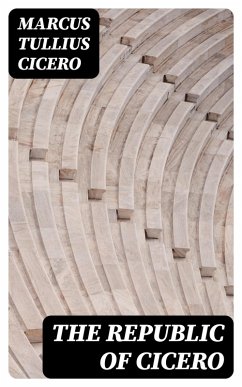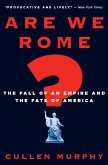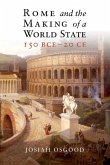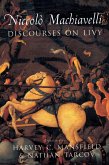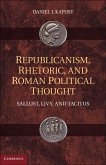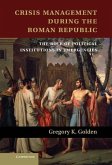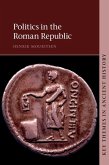In "The Republic of Cicero," the renowned Roman statesman and philosopher explores the intricate relationship between justice, governance, and the role of the individual within the state. Written in a style that combines philosophical discourse with practical political reasoning, Cicero's work draws upon dialogues reminiscent of Plato, yet remains firmly rooted in the Roman context of Republican ideals. Through eloquent rhetoric and refined argumentation, Cicero grapples with the moral obligations of citizens and the nature of an ideal government, seeking to define a just society amidst the complexities of power dynamics in ancient Rome. Marcus Tullius Cicero (106-43 BCE) not only served as a senator and consul but was also deeply engaged in the political and philosophical turbulence of his time. His personal experiences with the corruption of power and the erosion of the Republic likely fueled his philosophical inquiries in this work. As a prolific writer, Cicero was influenced by the Greek philosophical traditions while striving to apply their insights to the realities of Roman governance, thus providing a bridge between philosophical thought and practical politics. This book is indispensable for readers interested in political philosophy, ancient Rome, or the foundational principles of governance. Cicero's insights remain relevant today, posing timeless questions about justice and the responsibilities of citizenship, making "The Republic of Cicero" an essential read for scholars and enthusiasts alike.
Dieser Download kann aus rechtlichen Gründen nur mit Rechnungsadresse in A, B, BG, CY, CZ, D, DK, EW, E, FIN, F, GR, H, IRL, I, LT, L, LR, M, NL, PL, P, R, S, SLO, SK ausgeliefert werden.

